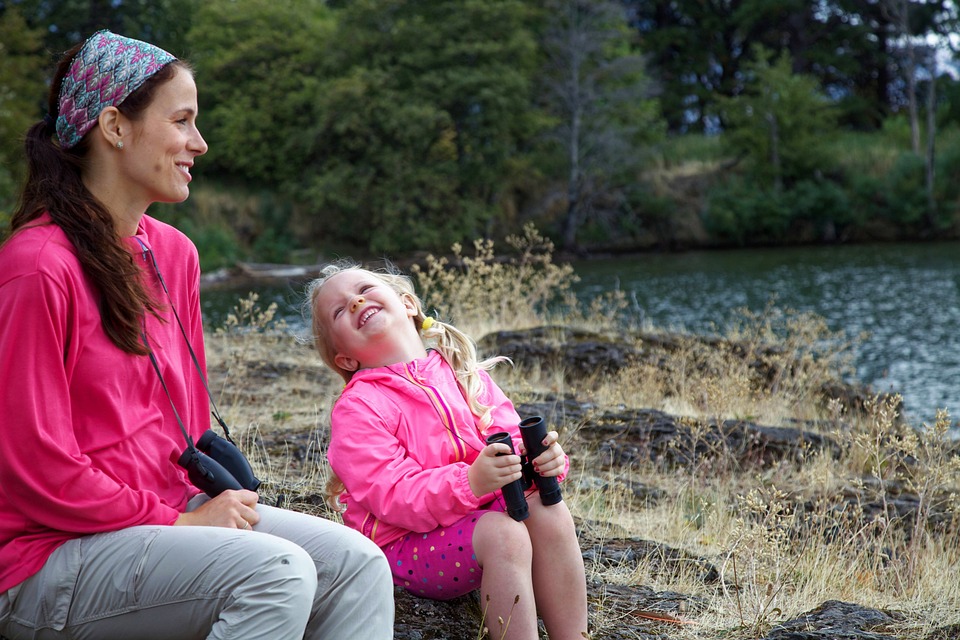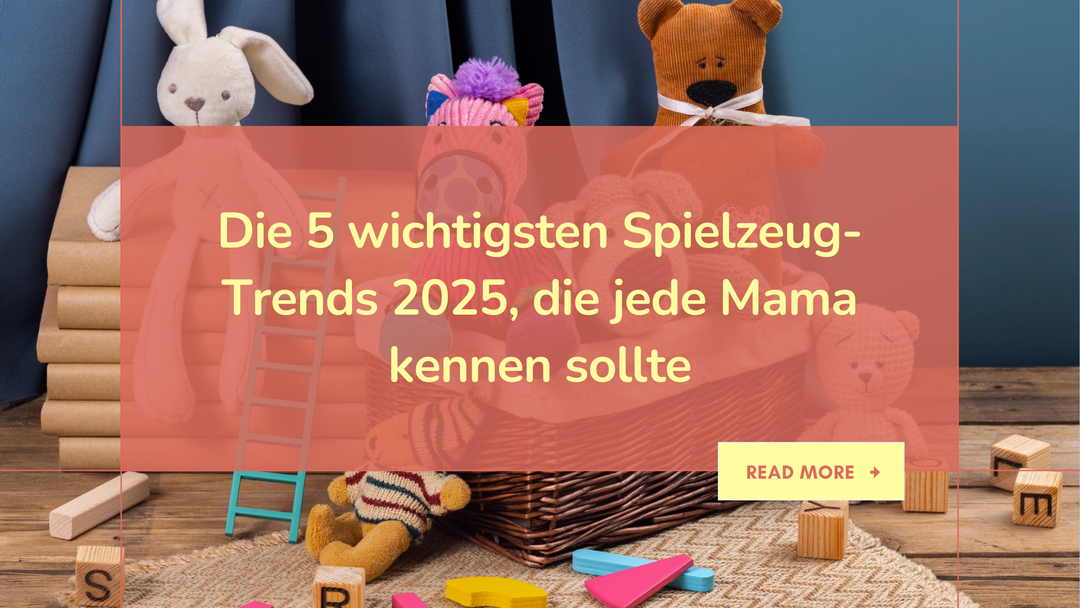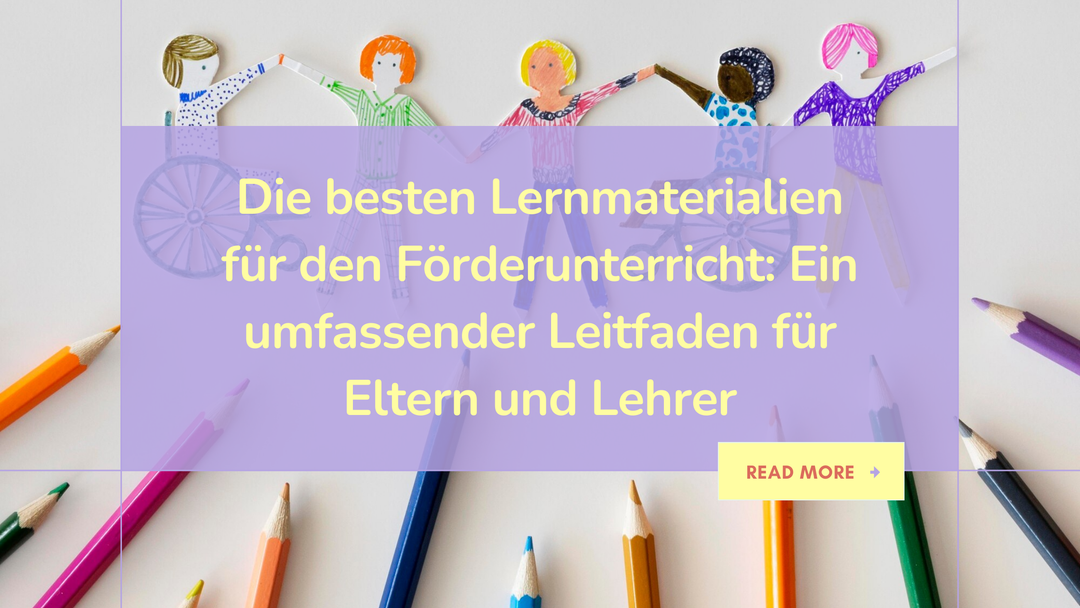How strict can upbringing be? From Montessori principles to authority guides
How strict should an education be? How many freedoms are beneficial and where do the limits begin? The Meyer-Glöckl family from Lake Constance attach great importance to the freedom and development of their children. This means that children can really "be children" and are not treated like adults at an early age.
This open and loving approach to children is mostly unconsciously chosen by some parents, which among others the scientist Prof. Rudolf Tippelt from the University of Munich advocates: The authoritative style of upbringing. Parents treat their children lovingly, just as they are demanding. They do not allow everything in order to maintain their children's sense of security at the same time and sometimes set limits here and there. When the child wants something, they practice arguing and also have the freedom to explore their own surroundings in their own way, curiously and reflectively.

Help me do it myself
"Help me do it myself!" is one of the most important principles of Montessori education. Teachers in Starnberg at the Montessori School have been using this principle since the 1980s. Judging performance of children in normal schools often leads to the destruction of the natural enthusiasm for learning. In order to positively maintain this innate joy in dealing with new things, Montessori schools dispense with the grading system. Instead, each student receives a personally tailored learning goal that is to be achieved within a certain period of time. The children are neither put under pressure nor pressed into a template system. You learn something much more important: personal responsibility. They work independently on the subject matter at their own pace and level of knowledge. In this process, teachers identify themselves less as educators and much more as personal companions of each child.
Which education is sustainable?
If you look at the other extreme, you come across boarding school education, for example. A very authoritarian form seems to prevail in the Schäftlarn monastery boarding school. The agenda is set by clear rules. According to boarding school director Stefan Günzel, community life always has rules. He says that one's freedom ends where another's freedom is restricted. The aim of the rules is to create the largest possible living space for everyone. However, the parents also play an important role, because they offer the children an emotional bond, which is the basis of a successful upbringing. That is why the children are allowed to go home to their families every weekend.
Which educational concept is the "right" one? Whether an authoritarian or freedom-conscious style, there is no recipe for success when asked about the perfect ideal of upbringing. It is important to find a good balance and to be aware that freedoms and limits are important. In many moments you will ask yourself the question: Am a good father / mother? Am i doing everything right? Am I too strict or too easy?

Trust your gut feeling! Bring understanding towards your children and also clearly state when you do not like something. Take the pressure off of "being perfect". Parents are also allowed to make mistakes! Raising children is a great adventure trip with ups and downs. So be curious where your very personal journey will lead.
We, the Natureich editorial team, are happy to continue to be your personal companion and are looking for tricks and tips on everything to do with the "adventure of upbringing"! It is our aim to give you a better orientation on the way to a sustainable education and to amaze you with new scientific knowledge!







Leave a comment